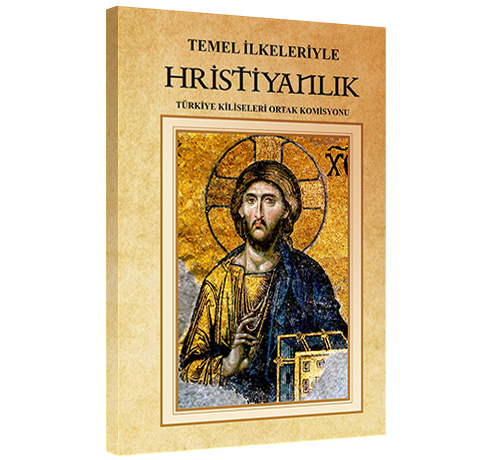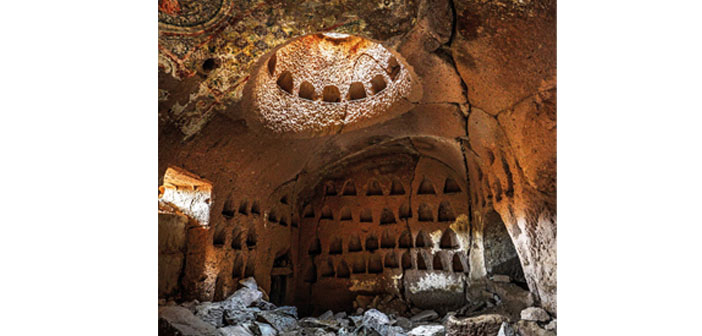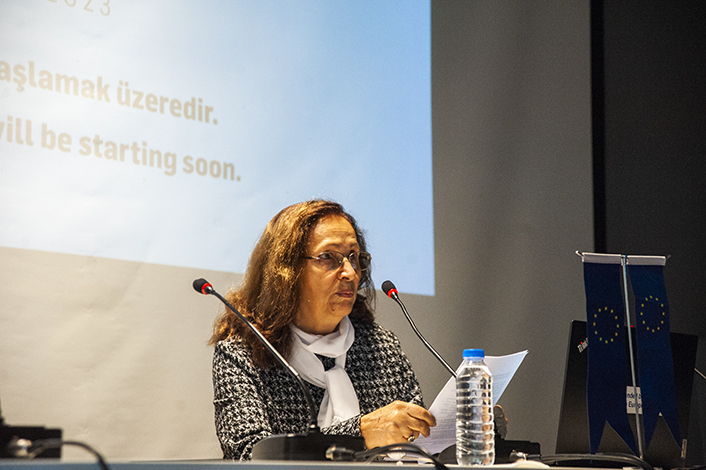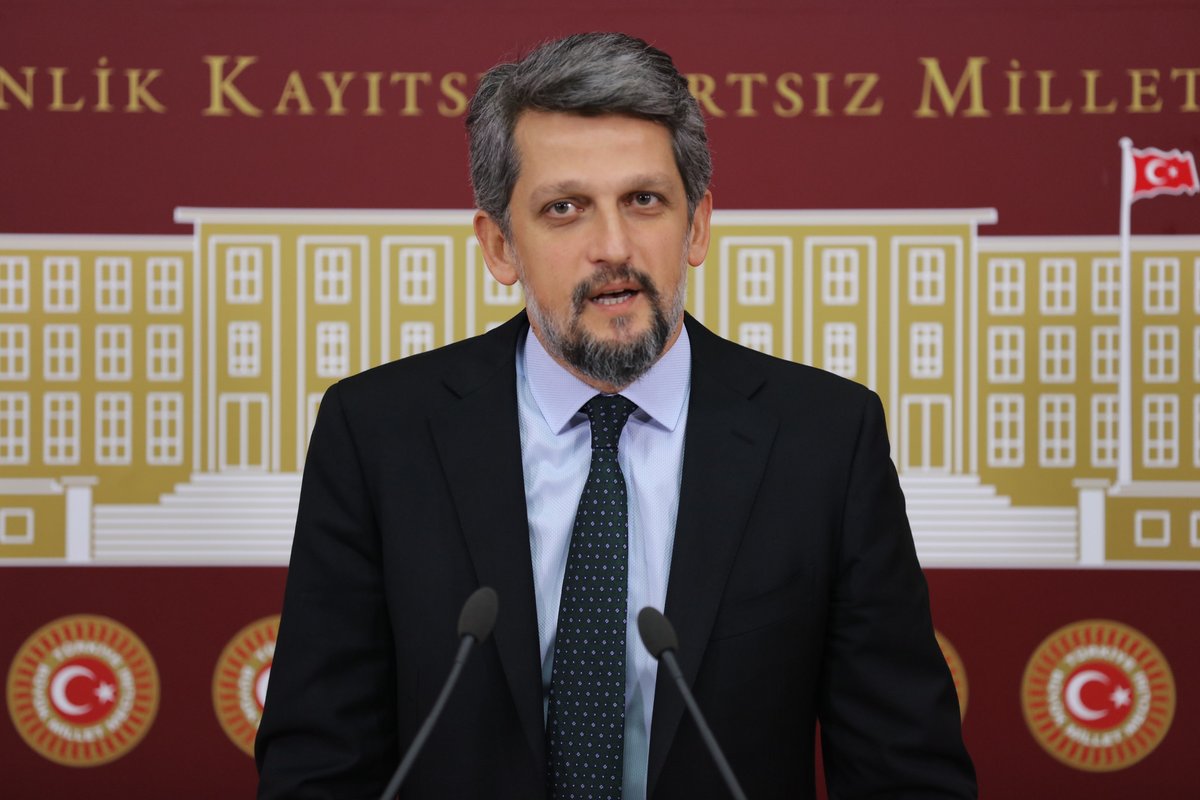On October 15, Fener Rum Orthodox Patriarchate, under the leadership of Ecumenical Patriarch Bartholomew, hosted a meaningful meeting with the participation of the representatives from all churches. The prominent figures from the churches in Turkey gathered together for the launching meeting of “Christianity with its Basic Principles” which is to be expected to lead important developments in the Christian community.
On October 15, Fener Rum Orthodox Patriarchate, under the leadership of Ecumenical Patriarch Bartholomew, hosted a meaningful meeting with the participation of the representatives from all churches. The prominent figures from the churches in Turkey gathered together for the launching meeting of “Christianity with its Basic Principles” which is to be expected to lead important developments in the Christian community. Prepared by the work of a committee consisting of the representatives of Catholic, Armenian Apostolic, Rum Orthodox, Assyrian Orthodox and Protestant churches, this book is a first in the last 1700 years. It is the first time that all the churches agreed on a joint text, since the “Faith Creed” that was accepted at The First Council of Nicaea, which was a council of Christian bishops convened in Nicaea by the Roman Emperor Constantine I in AD 325.
Projected to be used for the elective Christianity courses in the public schools, this 95-page book is a source book that the people who wish to obtain reliable information on Christianity can use. The fact that the supreme leaders of the churches that are represented in the council approved and recommended the book makes it even more important. The book explains the notions about Christianity, which even Christians cannot agree on and have difficulties in understanding, in a fluent and plain way. In this sense, the publication of this book is considered as an important step to achieve “Ecumenism” which is the ideal of uniting all churches under a universal, single church. Christian community is one step closer to this ideal with this movement that started in Istanbul.
Patriarch Bartholomew: “Christianity has always been existing in Anatolia”
Pointing out that this book is one of the two Turkish books that are approved by the Ecumenical Patriarchate since the Ottoman times, Bartholomew I said, “I wish that this book, which explains the source of our sincere love to other beliefs as well, to be helpful for the readers.” The Patriarch also said: “Soon after Jesus Christ preached the Word of God, this light was brought to our lands by his disciples. From that day to this day, Christianity has always been existing in Anatolia. It is our responsibility to inform our Muslim brothers and sisters in this country about the Christianity that is deeply rooted in these lands. We consider it important not as a mission, but as a way of living together. Being one of the ancient churches in Anatolia, our patriarchate had never published a book that addresses Muslims since Ottoman times in order to avoid possible misunderstandings. In the Ottoman times, religious communities could have led their lives separately in the same state, but in modern times, the relations are complicated and intertwined. This new book is important because it satisfies this need. It is also important, because the churches of Jesus Christ professed their unity through creating a source text together.”
Archbishop Atesian: “We cannot thank Patriarch Bartholomew and His Beatitude Mesrob II enough”
Starting his speech with a psalm saying, “How good and pleasant it is when God's people live together in unity!”, Archbishop Ateshian said: “We cannot thank Ecumenical Patriarch Bartholomew and Armenian Patriarch Mesrob II Mutafyan enough for laying the foundation of this book which is created by the collective efforts of the believers. Their collaboration created a light which brought all the churches together. It guided them and then this book is created. This book is also important, because it highlighted the unifying aspects of the faith, rather than the distinctive elements among the churches.”





